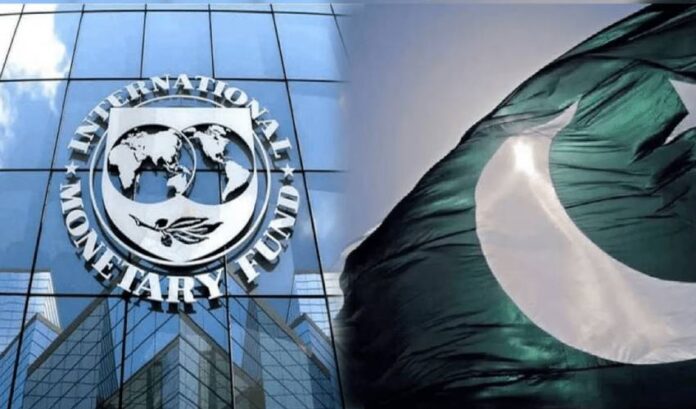The International Monetary Fund (IMF) and the government are grappling with energy sector challenges, as fears grow over a potential default by key public sector entities, raising doubts about the $7 billion Extended Fund Facility (EFF).
The IMF delegation, led by mission chief Nathan Porter, also raised concerns about missed provincial cash surplus targets in the first quarter, primarily due to Punjab’s overspending of approximately Rs160 billion.
Despite meeting their commitments, the other three provinces could not offset the overall national target shortfall of Rs350 billion.
Punjab assured the IMF of imminent legislation on agricultural income tax, with Sindh to follow suit. On Thursday, the Punjab Assembly passed the Punjab Agriculture Income Tax (Amendment) Bill 2024. Uniform draft laws have reportedly been approved by other provincial cabinets.
Minister of State for Revenue Ali Pervaiz Malik denied rumors of an impending mini-budget or increased petroleum levy, asserting that external financing needs were addressed within the loan program.
He expressed optimism about closing any gaps through improved remittances and exports but noted the IMF mission had not yet provided feedback.
According to report published by Dawn, an official involved in the negotiations warned of risks to the program’s credibility if conditions are amended prematurely. Allowing defaults by state-owned enterprises (SOEs) would undermine efforts to reform these entities for better services and financial stability.
During joint meetings with IMF officials, the petroleum and power divisions highlighted that halting gas supplies to industrial captive power plants (CPPs) could push Pakistan State Oil (PSO), Sui Northern Gas Pipelines Ltd (SNGPL), and Sui Southern Gas Company Ltd (SSGCL) into formal default. These companies collectively face estimated annual losses exceeding Rs400 billion.
A potential solution being considered is to allow efficient CPPs to continue gas use at imported RLNG costs, while shifting inefficient ones to the electricity grid. The IMF has collected comprehensive financial and gas supply data after alarming presentations by Sui gas companies and the petroleum division.




